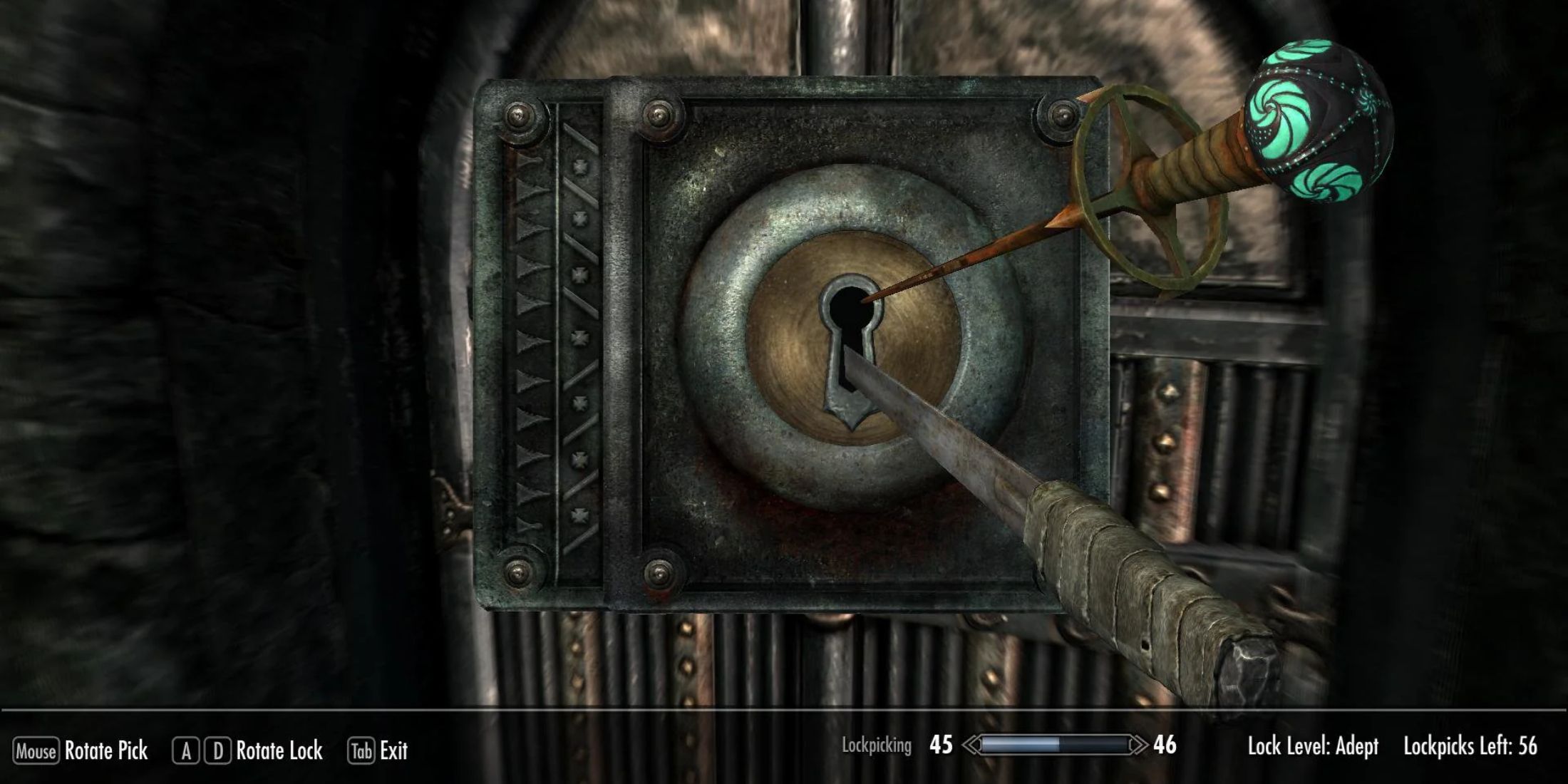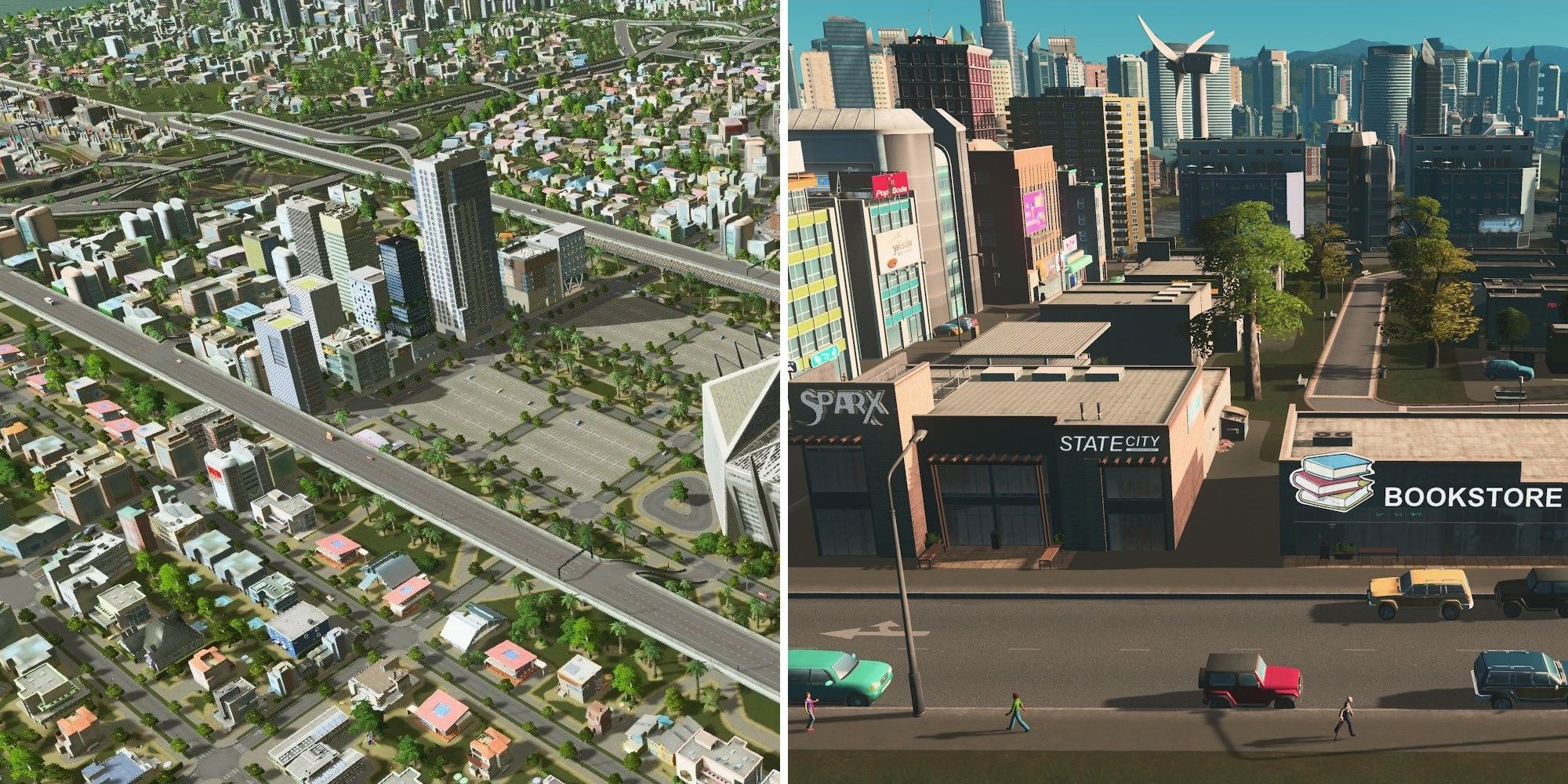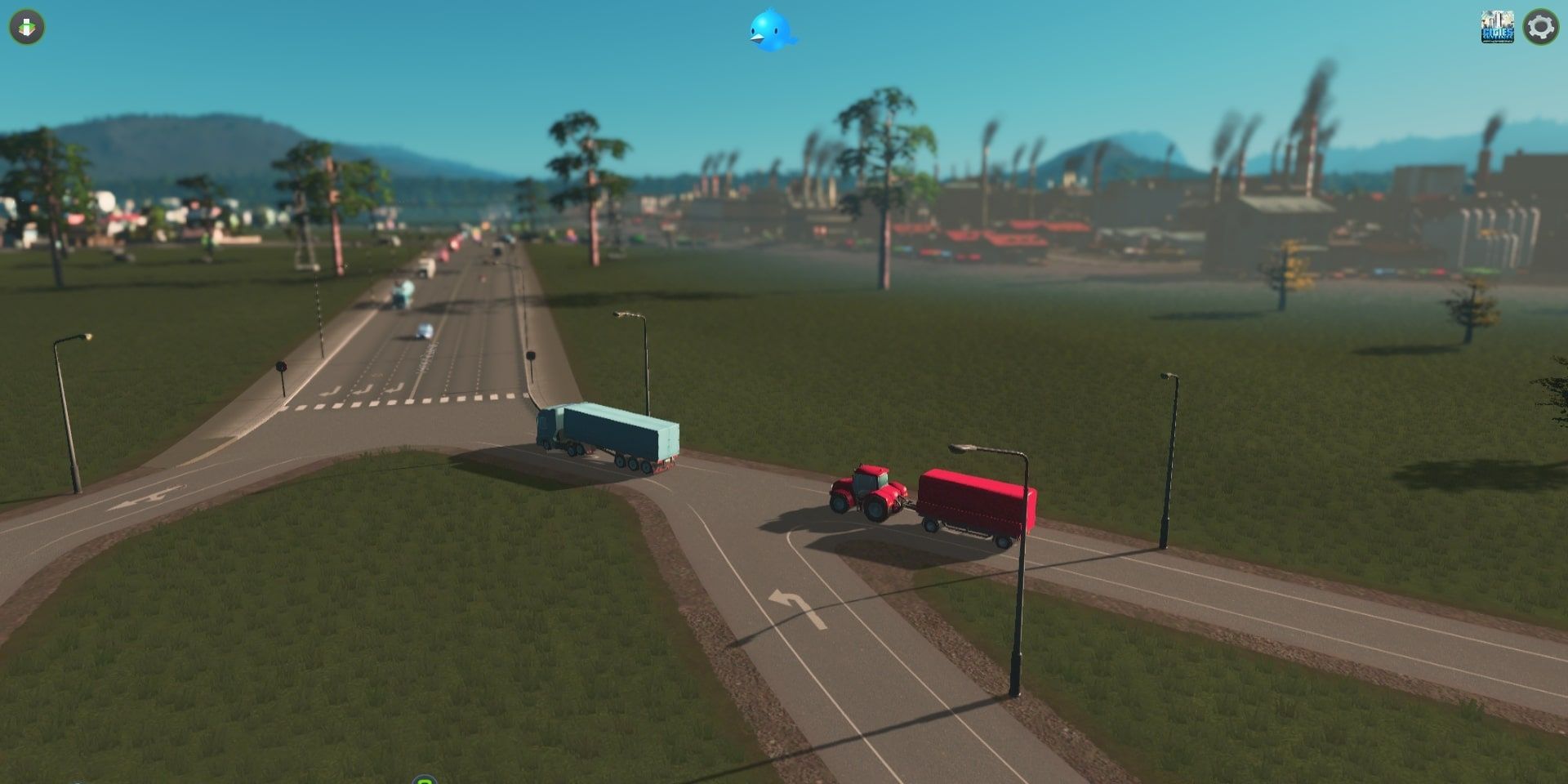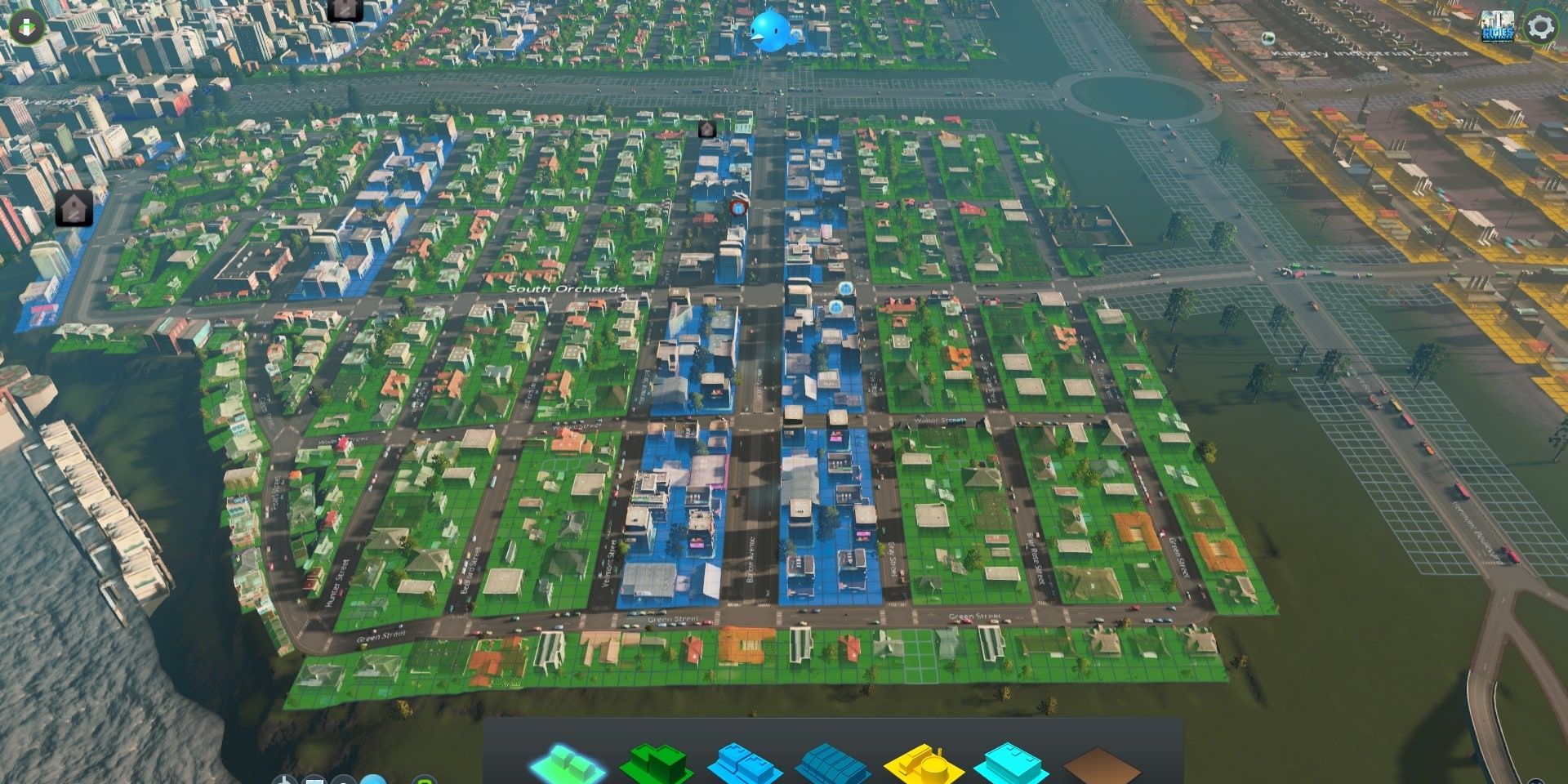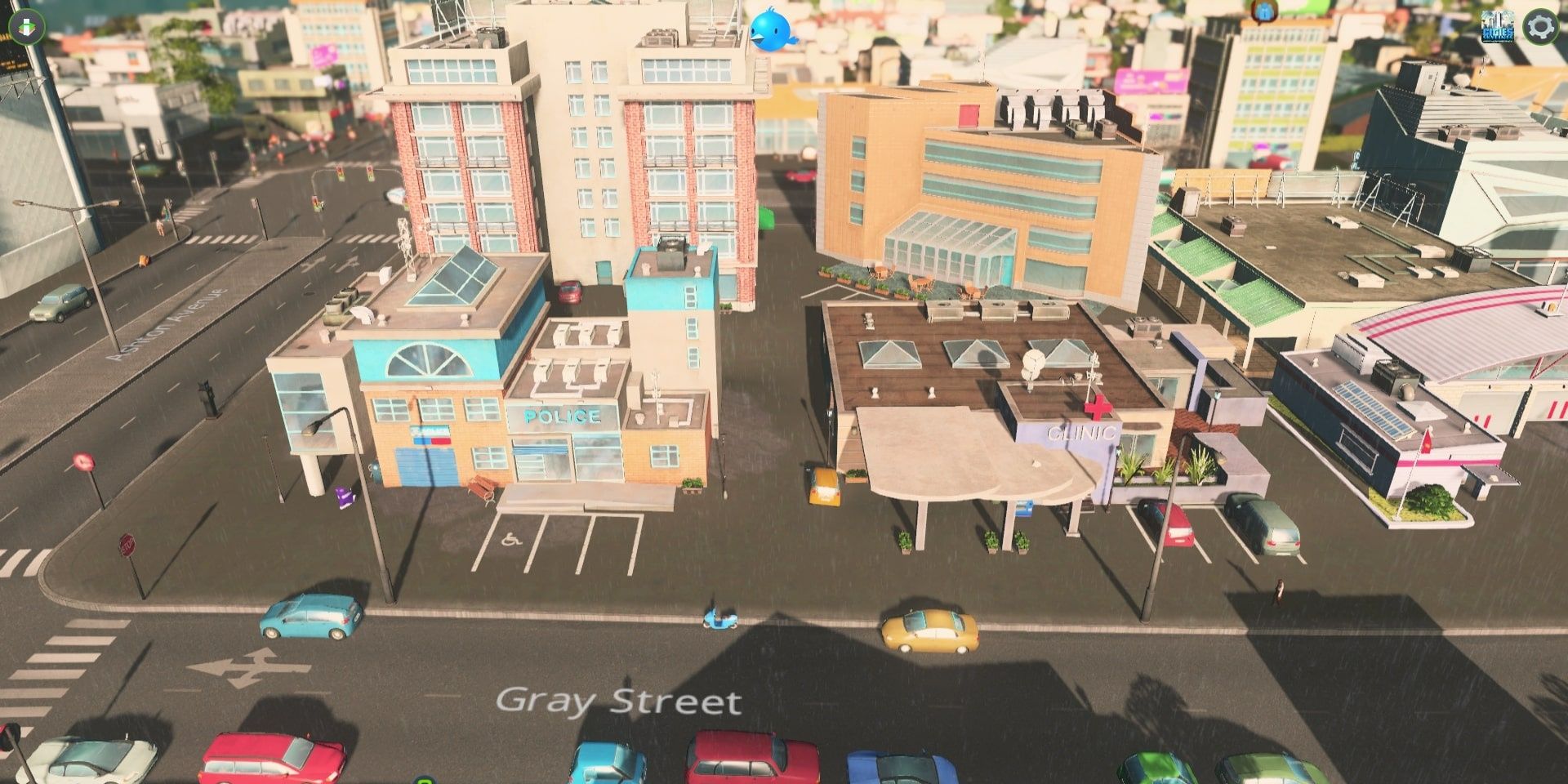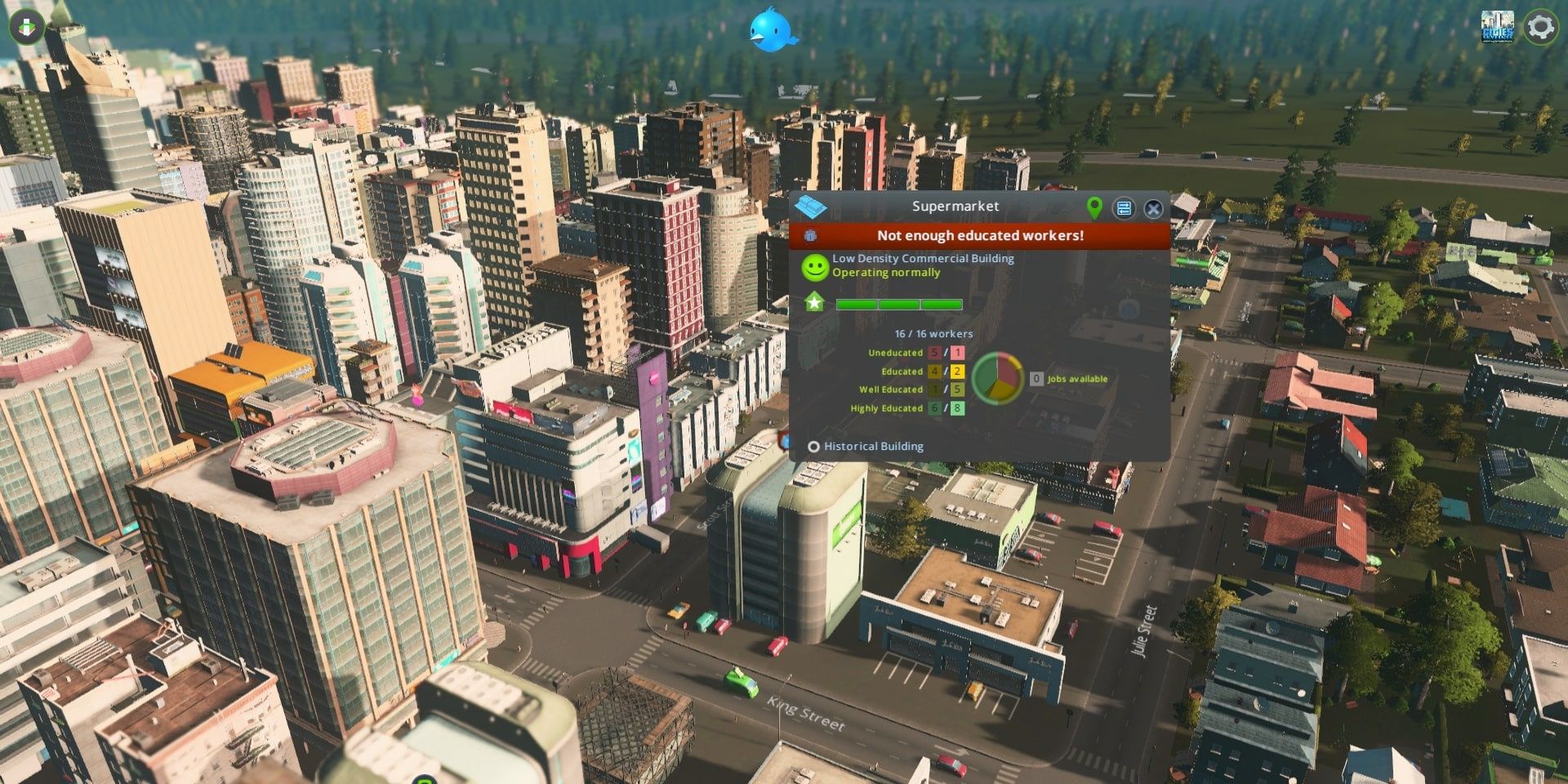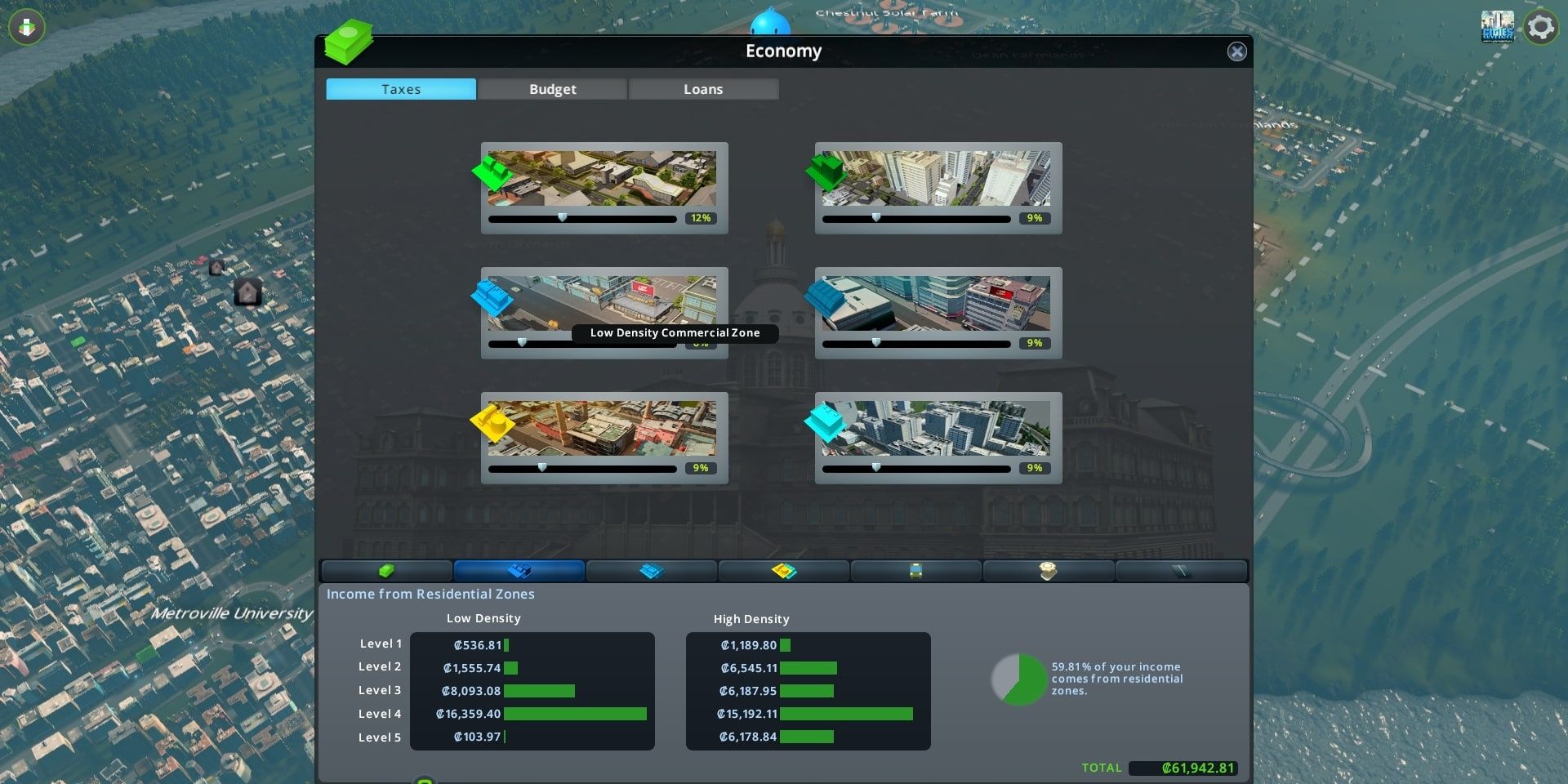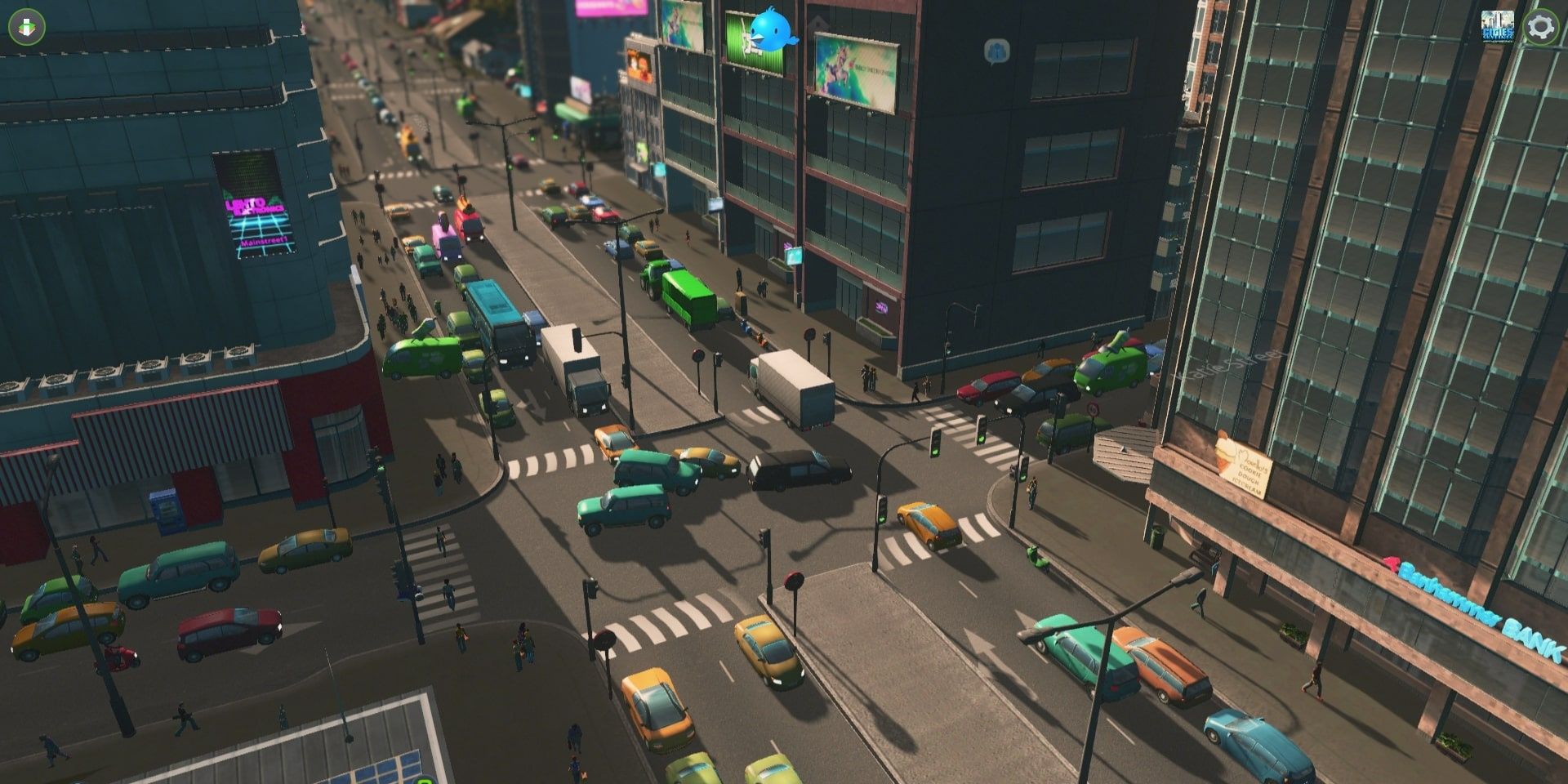Keeping citizens happy is an important aspect of Cities: Skylines, and assists with a variety of things from upgrading buildings and attracting more citizens to raising land value and increasing tax income. Each zone has its own specific requirements that contribute to happiness, and commercial zones are no different.
Maintaining happiness can be slightly more complicated than in other areas, however, and leans more toward being practical and functional rather than creating a nice place to live. As such, there are a number of different techniques players can utilize. Here are some of the best ways to boost happiness in a commercial zone in Cities: Skylines.
6 Supply Enough Goods
As commercial zones are centered around selling goods to citizens, there must be enough goods to actually sell. Goods can be acquired in two ways – by importing them from outside the city via the highway, freight trains, or ships, or by bringing them in from industrial zones. Either way, it essentially creates a supply chain mechanic, meaning goods will have to be delivered from their source to commercial zones, otherwise shops will run out of goods to sell and happiness will plummet.
Road networks will need to be robust and efficient to deal with all the extra traffic and deliveries. Additionally, if all of the city’s industry is based in one location, it can create some serious backlog, so players might want to spread their industry out across the city to ease traffic volume. The same goes for docks and train stations – players should diversify their supply chain wherever possible.
5 Ensure Demand For Goods
Once the goods have arrived, commercial zones must sell these goods to citizens and tourists, but there is little point in importing them all if there isn’t any demand. For every commercial zone, there needs to be plenty of residential zones nearby for citizens to have access to a shop without traveling across the entire city. Otherwise, they may not bother making the journey at all, which will reduce sales.
Players should consider this when zoning – everything should be a fine balancing act. Enough industry to supply goods, and enough residential to consume goods. Commercial zones are often best placed in between, to provide easy access for deliveries and convenient placement for citizens.
4 Build Basic Services
Just like all other areas, commercial zones need to be covered by important services. These include emergency services such as police (to prevent crime and stealing), as well as fire (to reduce the likelihood of a fire starting), and healthcare (to respond to medical emergencies). Commercial buildings also produce trash that needs to be collected by city garbage trucks. Ensuring coverage by all these services helps increase happiness.
However, commercial is not residential, and doesn’t need some of the other services that are more crucial to population centers. Education buildings like elementary and high schools are unnecessary, while parks are not as crucial because citizens tend to care less about what the high street looks like compared to their own neighborhood.
3 Provide An Educated Workforce
While education buildings are not important inside of a commercial zone, they are crucial outside of it. Commercial zones need people to work there and run them, and in many cases, that workforce will need to have some kind of education to be qualified for the job.
This is where places like high schools and universities come into the picture, as they upgrade citizens into well educated and highly educated workers, giving them the tools that they need for employment. Players will need to balance the number of workers in their city – too few, and they’ll have trouble meeting the demands of commercial zones, whereas too many, and unemployment will skyrocket and become a serious issue.
2 Decrease Taxes
While all zones are taxed, some zones benefit more from a lower tax rate than others. Unlike residential zones, which will accept higher taxation if they remain happy, commercial zones get a happiness boost from players decreasing the tax rate.
Players might benefit from raising the tax rate of residential areas to 12%, but lowering the tax rate of commercial zones from the default 9%. How much they want to do this, and if they want to do this at all, depends on the finances and situation of the city. If commercial zones are struggling with a lack of workers or a build-up of garbage, it might be useful to temporarily lower taxes while players fix these issues, to avoid a wave of citizens abandoning the city.
1 Avoid Certain Policies
There are no city policies that directly influence commercial happiness, but there are a couple that indirectly influence it. Big Business Benefactor, which doubles the sales of high-density commercial zones, and Small Business Enthusiast, which functions the same for low-density, are powerful financial policies that can have a negative impact on happiness.
With double the number of sales, businesses will require double the number of deliveries, which will increase traffic, leading to greater noise pollution and less effective services. This can have a knock-on effect of reducing happiness. These policies do usually provide a nice profit though, so it’s up to the player to decide if they think it's worth it.
Cities: Skylines is available for PS4, PS5, Xbox One, Xbox Series X/S, Windows, Linux, macOS, Nintendo Switch and Google Stadia.

